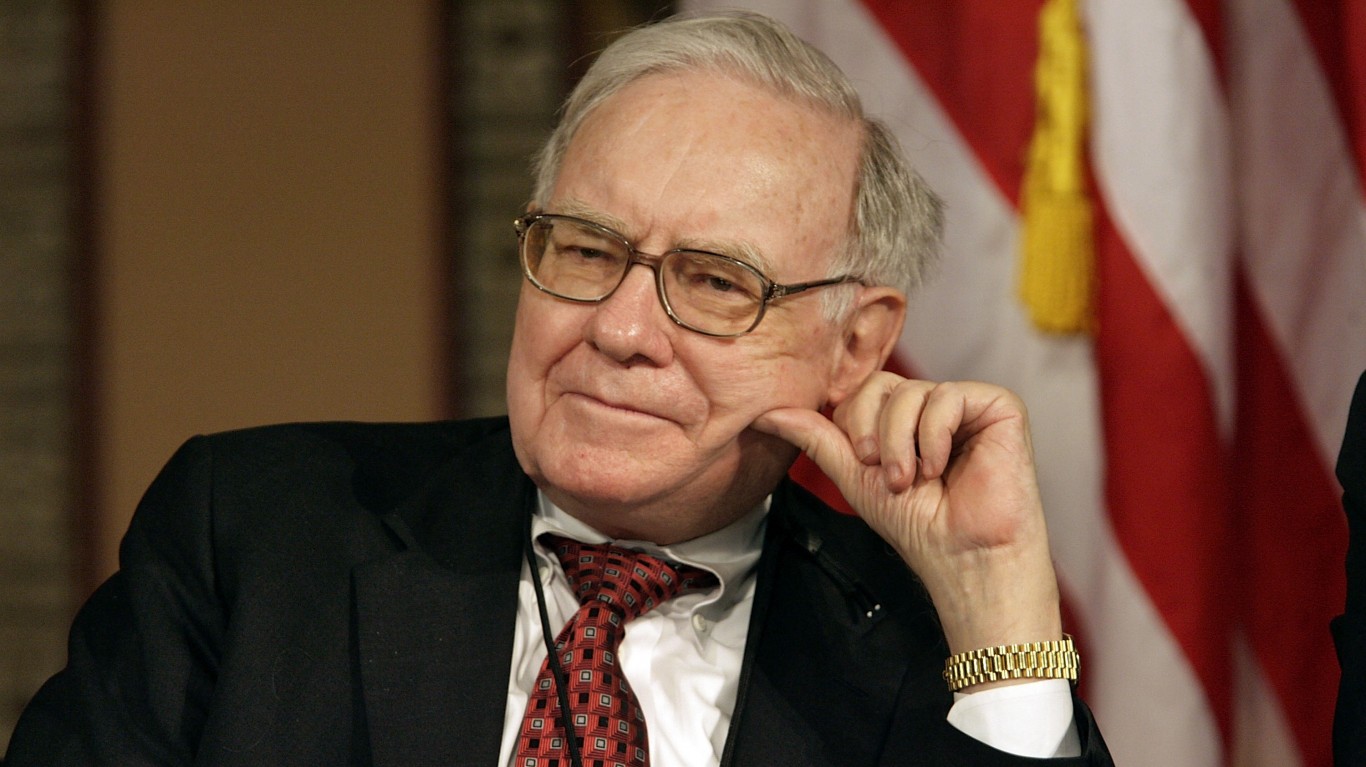 European Financial Stability Facility $1 trillion saves greece. The eurozone has set a larger European Financial Stability Facility (EFSF), which may have a balance as high as $1.4 trillion. This amount will allow a second bailout of Greece and a backstop to the value of debt issued by Italy, Spain and Portugal. The challenge to the size of the facility is simple. A deep recession in Europe could drop tax revenue in many of the region’s nations enough to drive their deficits substantially higher. Austerity can only go so far when GDP erosion is rapid.
European Financial Stability Facility $1 trillion saves greece. The eurozone has set a larger European Financial Stability Facility (EFSF), which may have a balance as high as $1.4 trillion. This amount will allow a second bailout of Greece and a backstop to the value of debt issued by Italy, Spain and Portugal. The challenge to the size of the facility is simple. A deep recession in Europe could drop tax revenue in many of the region’s nations enough to drive their deficits substantially higher. Austerity can only go so far when GDP erosion is rapid.
EFSF $1 trillion buoys global markets. Markets rallied around the world on the EFSF news. These market rebounds ignore the fundamental financial headwinds that most of the world’s large economies face. The new fund will not help create jobs in the U.S. or Europe. It will not prevent a likely slowdown of the Chinese economy because demand for its exports will falter. It also will do nothing to aid the troubled housing markets in the U.S. and parts of Europe. The stock value rebound will be short lived.
New capital requirements for European banks. The European Banking Authority said the region’s banks would have to raise $147 billion to meet new capital requirements and offset write-downs on Greek debt. These write-downs will be 50% of face value. It is not certain that global market investors will want to provide capital for banks that face the challenges of high debt and their locations in low-growth regions.
Sony buys out Sony Ericsson. Sony (NYSE: SNE) bought out its smartphone joint venture with Sony Ericsson. The price was $1.45 billion, an amount so small that it shows how poor the prospects of the company are as it competes with Apple (NASDAQ: AAPL), Nokia (NYSE: NOK), Samsung and HTC. Sony CEO Howard Stringer has made another miscalculation about the power of Sony’s brand to sway consumer buying patterns.
VW profits soar. Volkswagen’s profits rose 46% from the third quarter of last year. Sales were 25% higher. There has been a great deal of speculation that the German company can pass General Motors (NYSE: GM) and Toyota (NYSE: TM) in worldwide sales this year. VW’s growth gives that belief real credence. VW said that sales of its Audi A6 luxury brand drove sales, along with its Tiguan sport-utility vehicle. It is telling that demand for high-end autos is so strong in what seems to be a weak global economy. VW’s long-term prospects should be helped by its position as the number one manufacturer in China, although overall sales in that market have slowed. VW’s greatest single challenge is its lack of presence in the U.S., the world’s second largest car and light truck market.
Douglas A. McIntyre
Thank you for reading! Have some feedback for us?
Contact the 24/7 Wall St. editorial team.





